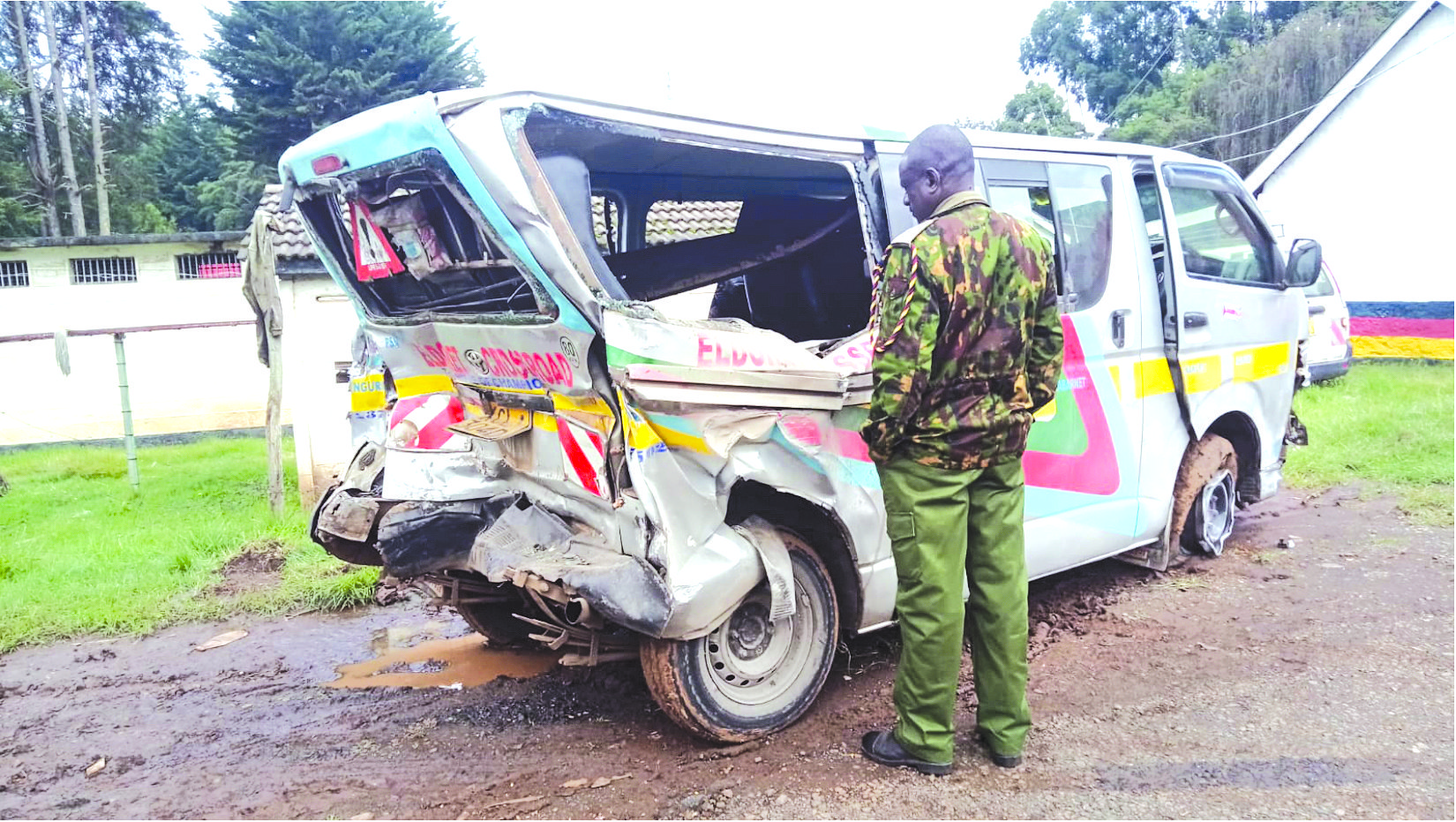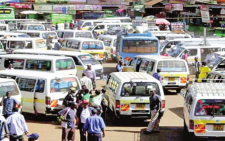Road deaths: Revive ‘Michuki rules’

In the first half of 2024, Kenya witnessed a concerning rise in road fatalities, with 2,407 lives lost between January and July.
This alarming trend continued, and by November, the death toll had escalated to 4,282, surpassing the 3,901 fatalities recorded in 2023.
Pedestrians were the most affected, accounting for 1,281 deaths, followed by motorcyclists (825), passengers (654), and drivers (281).
These statistics are a stark reminder of the deteriorating state of road safety. If we are serious about reversing this trend, we must revisit and rigorously enforce the “Michuki rules”, a set of groundbreaking traffic laws introduced in 2004 by the late Transport minister John Michuki.
These regulations, which required public service vehicles (PSVs) to instal speed governors and seat belts, and prohibited standing passengers, were initially effective in curbing road accidents. But the lack of consistent enforcement over time has allowed non-compliance to creep back, undoing much of the progress made.
When first implemented, the Michuki rules were revolutionary. Road accidents decreased dramatically as PSV operators adhered to stricter safety protocols. Drivers and conductors wore uniforms and badges, speed governors ensured vehicles complied with speed limits, and passengers were seated and belted securely. This period saw a level of orderliness that many now recall as a golden era of road safety.
Unfortunately, this order was short-lived. Over the years, enforcement has waned, corruption has taken root, and the rules have been all but abandoned. The result? A resurgence of reckless driving, overcrowding in PSVs, and poorly maintained vehicles on the roads. Kenya’s roads are now a battleground, where lives are lost daily due to preventable accidents. The Michuki rules remain as relevant today as they were two decades ago because the fundamental challenges of speeding, unroadworthy vehicles, lack of discipline among PSV operators, and poor enforcement persist.
However, it is not all about reviving these rules, enforcement must also be there. The reason is traffic rules are only as effective as their enforcement. Authorities need to crack down on corruption within the traffic police force to ensure impartial application of the law. Consistent, visible enforcement will deter PSV operators from flouting the rules.
As technology advances, leveraging it to monitor PSV compliance will enhance accountability. For instance, digital tracking systems can be used to ensure that speed governors are functional and that vehicles adhere to speed limits. The government should also reintroduce mandatory, rigorous vehicle inspections to ensure that all vehicles meet safety standards as many PSVs on Kenyan roads are unroadworthy, contributing to accidents.
Finally, the government should hold PSV owners and Sacco operators accountable for the behaviour of their drivers and conductors. Hefty fines, suspension of operating licences, and other penalties can serve as deterrents for violations. But what Kenyans need to know is that road safety is not just the government’s responsibility, it requires a collective effort. PSV operators must prioritise safety over profits, passengers must demand compliance with safety rules, and law enforcement must act decisively to uphold the law.
— The writer is a Science Reporter with People Daily; n.milliam@yahoo.com














